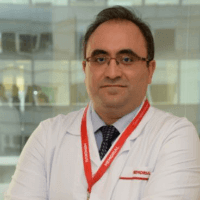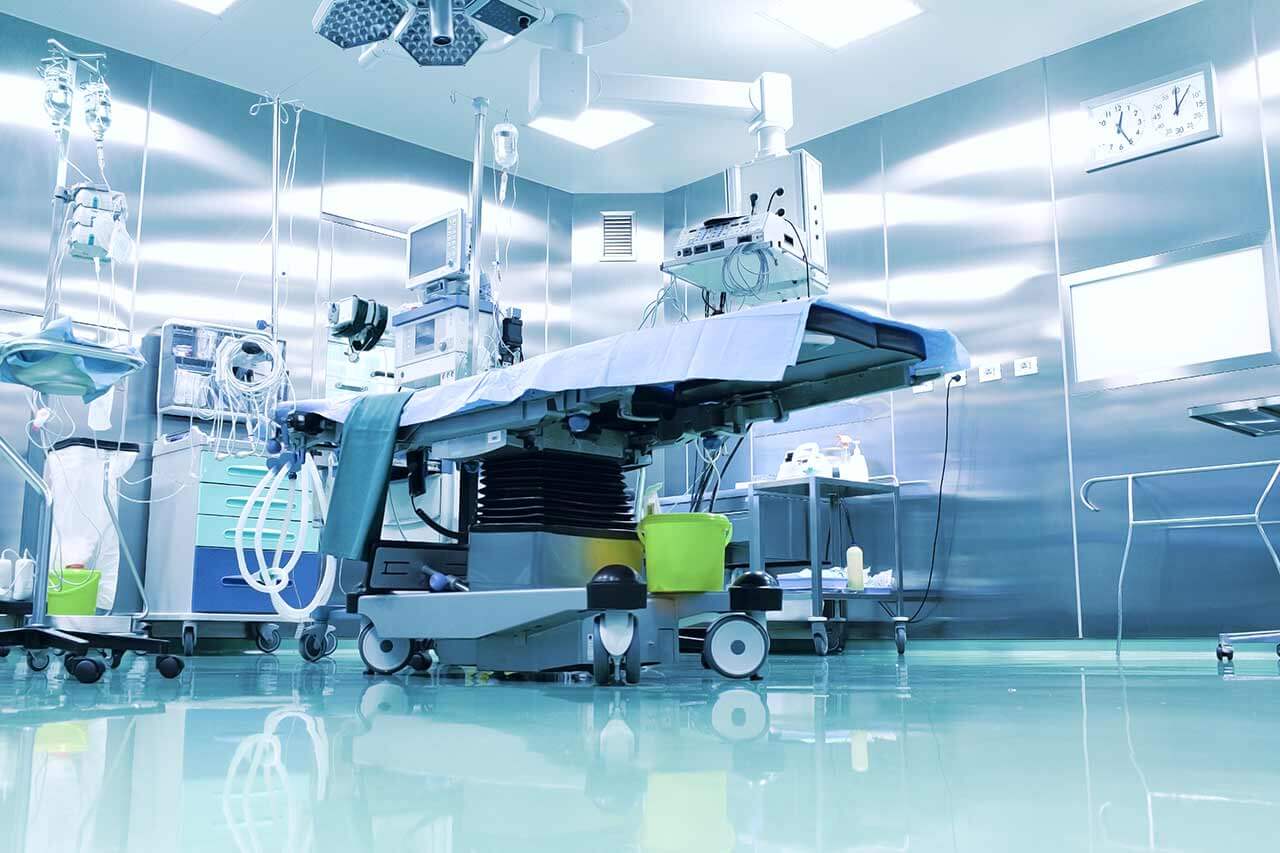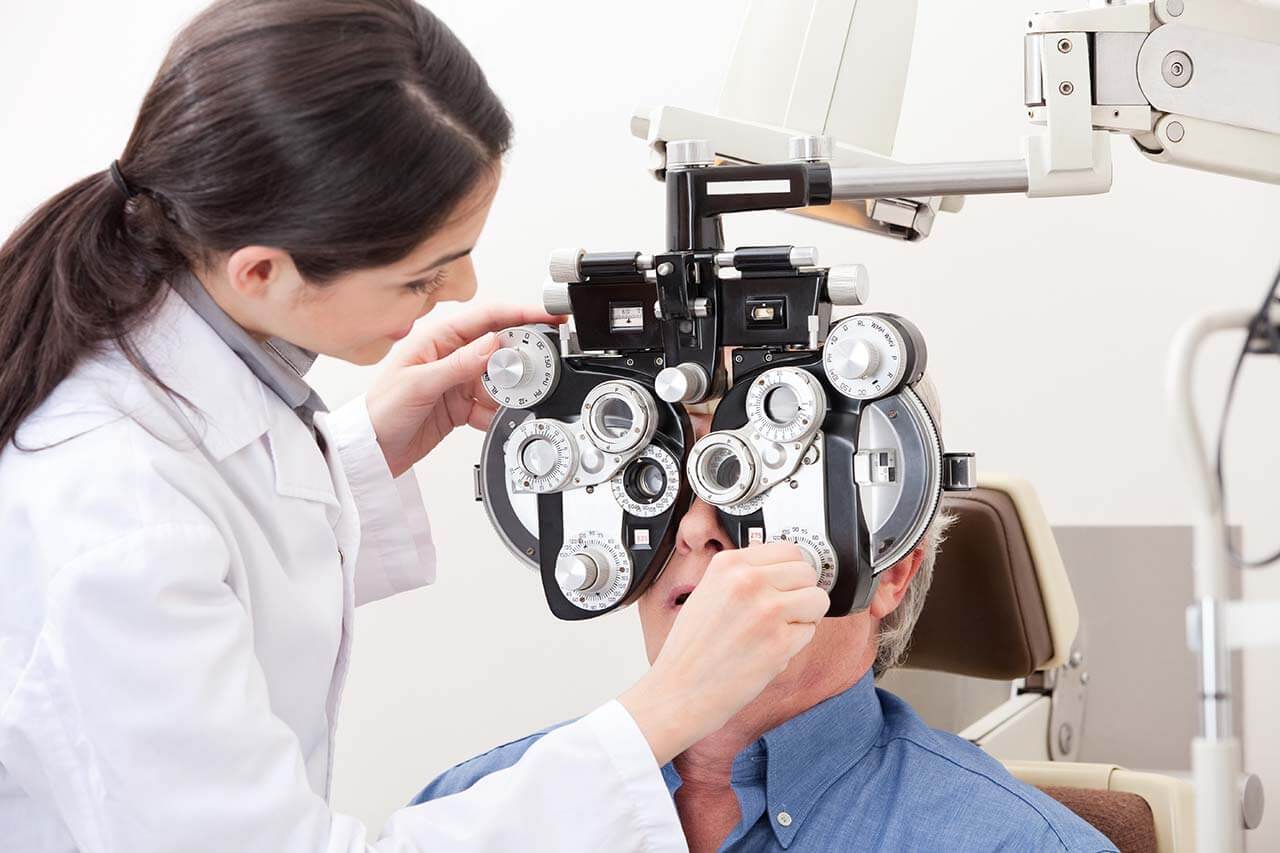
The program includes:
- Initial presentation in the clinic
- clinical history taking
- review of medical records
- physical examination
- urological examination
- laboratory tests:
- complete blood count
- general urine analysis
- biochemical analysis of blood
- inflammation indicators (CRP, ESR)
- indicators blood coagulation
- tumor marker, PSA
- ultrasound of the urogenital system
- CT/MRI of the abdomen and pelvis
- preoperative care
- surgical drainage of the abscess
- symptomatic treatment
- control examinations
- the cost of essential medicines and materials
- nursing services
- full hospital accommodation
- explanation of future recommendations
Required documents
- Medical records
- US scan, MRI/CT scan (if available)
Service
You may also book:
 BookingHealth Price from:
BookingHealth Price from:
About the department
The Department of Kidney Transplantation in Adults and Children at the Memorial Sisli Hospital Istanbul specializes in kidney transplantation in adults and children with advanced stages of chronic kidney failure. The department's specialists also provide comprehensive preparation for the intervention and follow-up care after transplantation. The department is headed by Assoc. Prof. Dr. med. Abdullah Ozkok.
Depending on the particular clinical case, kidney transplantations both from living and deceased donors can be performed. The removal of the donor kidney is performed using laparoscopic techniques. The most important condition for successful treatment outcome and exclusion of the transplanted organ rejection is the compatibility of the donor kidney with the recipient's tissues. The department's surgeons perform more than 370 kidney transplantations annually, and therefore they have vast clinical experience. The treatment success rates in the department are at the highest level and are not inferior to the results of transplantation in the leading hospitals in the world.
The department's medical team always strives to achieve the optimal result of transplantation, and therefore the operation is preceded by the diagnostics, which allows the doctors to accurately assess the benefits and risks of treatment, as well as to develop the optimal regimen of follow-up immunosuppressive therapy to prevent rejection of the transplanted kidney. When preparing a patient for kidney transplantation, the doctors conduct laboratory tests, functional diagnostic examinations of the liver, thyroid gland, adrenal glands and kidneys, ECG and echocardiography, CT scan, ultrasound examinations of the abdominal organs, X-ray of the thoracic organs and other types of diagnostic tests.
In most cases, the patient undergoes kidney transplantation from a living donor, close relatives are the best candidates for the role of a donor. When selecting a donor, the doctors take into account HLA-compatibility of the patient and the donor, as well as the absence of transmissible infections (for example, HIV, hepatitis C and B), rhesus factor and blood group match. In addition, it is desirable that the weight, height and gender of the donor coincide with those of the recipient.
The donor kidney is removed during a minimally invasive laparoscopic procedure under general anesthesia. The use of laparoscopic technique can significantly reduce the recovery period after the intervention. After the operation, the donor stays in the hospital for some time, under the supervision of specialists. During this time, he undergoes diagnostic examinations for doctors to be sure that he is in good health.
Kidney transplantation is performed under general anesthesia. The incision is made above the groin, on the right and left sides. In most cases, the donor kidney is placed in the iliac fossa. The vessels of the donor kidney are connected to the vessels of the recipient. The surgeons attach the ureter of the donor kidney to the bladder. When blood flow into the donor kidney resumes, it will begin to filter the blood and excrete metabolic products in the urine. In most cases, the patient's own non-functioning kidney is not removed. It is advisable to remove the affected kidney in patients with severe infectious diseases, kidney cancer, kidney atrophy or polycystic kidney disease. The duration of the kidney transplantation is 3-4 hours. After the operation, the patient should take immunosuppressants to prevent the rejection of the transplanted organ. Since the department's surgeons regularly perform many transplant procedures, the treatment success rates are quite high and can compete with the results of kidney transplantation in countries with advanced medicine.
The department's main clinical focuses include:
- Preparation for kidney transplantation, including comprehensive diagnostics both for recipient and donor
- Surgery to remove a donor kidney
- Minimally invasive laparoscopic intervention
- Kidney transplant surgery
- Follow-up care for the patient after kidney transplantation, including an individual selection of immunosuppressive therapy
- Other medical services
Curriculum vitae
Professional Career
- Since 2018 Head of the Department of Kidney Transplantation in Adults and Children at the Memorial Sisli Hospital Istanbul, Istanbul, Turkey.
- 2015 - 2018 Nephrologist, Umraniye Training and Research Hospital, Istanbul, Turkey.
- 2010 - 2015 Assistant Physician, Department of Nephrology, Göztepe Training and Research Hospital, Istanbul, Turkey.
- 2005 - 2010 Research Assistant, Department of Internal Medicine, Faculty of Medicine of the Istanbul University, Istanbul, Turkey.
Higher Education and Postgraduate Training
- 2013 - 2014 Internship in Nephrology, Department of Nephrology and Hypertensiology, Faculty of Medicine at the University of Colorado, Denver, Colorado, USA.
- 2010 - 2015 Study of Medicine, Istanbul Medeniyet University, Istanbul, Turkey.
- 2005 - 2010 Specialized training in Nephrology, Faculty of Medicine, Istanbul University.
- 1999 - 2005 Study of Human Medicine at the Faculty of Medicine of the Istanbul University.
Scientific Publications and Reports
- Authorship of 3 books.
- 69 articles in international journals.
- 19 articles in Turkish journals.
- 29 oral presentations and posters at the international congresses.
- 53 oral presentations and posters at the Turkish congresses.
Awards and Scholarships
- 2015 Best Research Award, American Physiological Society.
- 2013 Scholarship for Training Abroad, International Society of Nephrology (ISN).
- 2013 Scholarship for Training Abroad, Turkish Society of Nephrology (TND).
- 2010 Best Research Award, 27th National Congress of Nephrology, Hypertensiology, Dialysis and Kidney Transplantation.
Memberships in Professional Societies
- Turkish Society of Nephrology.
- International Society of Nephrology (ISN).
- American Society of Nephrology (ASN).
- European Renal Association-European Dialysis and Transplant Association (ERA-EDTA).
Photo of the doctor: (c) Memorial Şişli Hospital
About hospital
The Memorial Sisli Hospital Istanbul is the largest and leading medical complex in Turkey, which meets the highest standards of medical care when providing the advanced diagnostics and treatment using the very latest methods. The hospital is part of the Memorial Health Group – it was the first project of this provider of medical services. The medical center opened its doors to the first patient in 2000. The hospital became the first in Turkey and the twenty-first in the world holder of the JCI (Joint Commission International) accreditation certificate. Only the best and the most reputable hospitals in the world medical arena can receive this certificate.
The hospital has 292 beds for patient hospitalization. The surgical treatment is performed in 13 high-tech operating rooms. The medical complex also has 4 intensive care units, 3 state-of-the-art laboratories, specialized centers, including the In Vitro Fertilization Center, the Transplant Center, the Center for Genetic Diseases, the Bone Marrow Transplant Center, the Robotic Surgery Center, the Cancer Center and others.
The hospital has achieved particular success and international recognition in such medical fields as ophthalmology, reproductive medicine, plastic surgery, cardiology and cardiac surgery, transplantology, genetics. The highly qualified doctors who have undergone professional training in the best hospitals in Turkey, Europe and the USA take care of the patients' health. The specialists have a tremendous clinical experience and thousands of saved lives.
It is worth noting that the medical complex has earned a strong reputation not only in Turkey, but also at the international level – the hospital holds consultations, provides diagnostics and treatment for patients from 92 countries.
Image: (c) depositphotos
Accommodation in hospital
Patients rooms
The patients of the Memorial Sisli Hospital Istanbul live in comfortable single or double rooms with all the necessary amenities. The patient rooms are made in a modern design. The standard patient room includes an automatically adjustable bed, a bedside table, a wardrobe for storing personal belongings, a telephone and a TV. Each patient room also has an ensuite bathroom with shower and toilet. The patient rooms have Wi-Fi.
Meals and Menus
The patient and the accompanying person are offered tasty and balanced three meals a day. If for some reason you do not eat all foods, you will be offered an individual menu. Please inform the medical staff about your food preferences prior to treatment.
Further details
Standard rooms include:
Accompanying person
During the inpatient program, the accompanying person can live with the patient in a patient room or a hotel of his choice. Our managers will help you choose the most suitable option.
Hotel
During an outpatient program, the patient can stay at the hotel of his choice. If desired, the patient can stay in a five-star hotel on the territory of the hospital. Our managers will help you choose the most suitable option.




